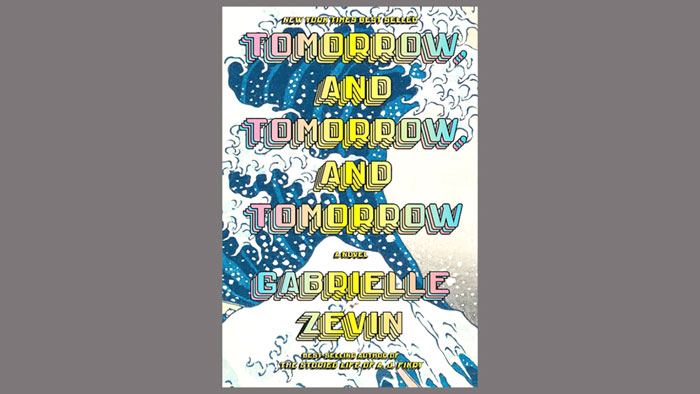
A Testament to Friendship: Gabrielle Zevin’s “Tomorrow and Tomorrow and Tomorrow”
In college, and again later, in Sam and Sadie’s working lives, the saving power of friendship comes to the fore as the dominant theme of the novel.


In college, and again later, in Sam and Sadie’s working lives, the saving power of friendship comes to the fore as the dominant theme of the novel.
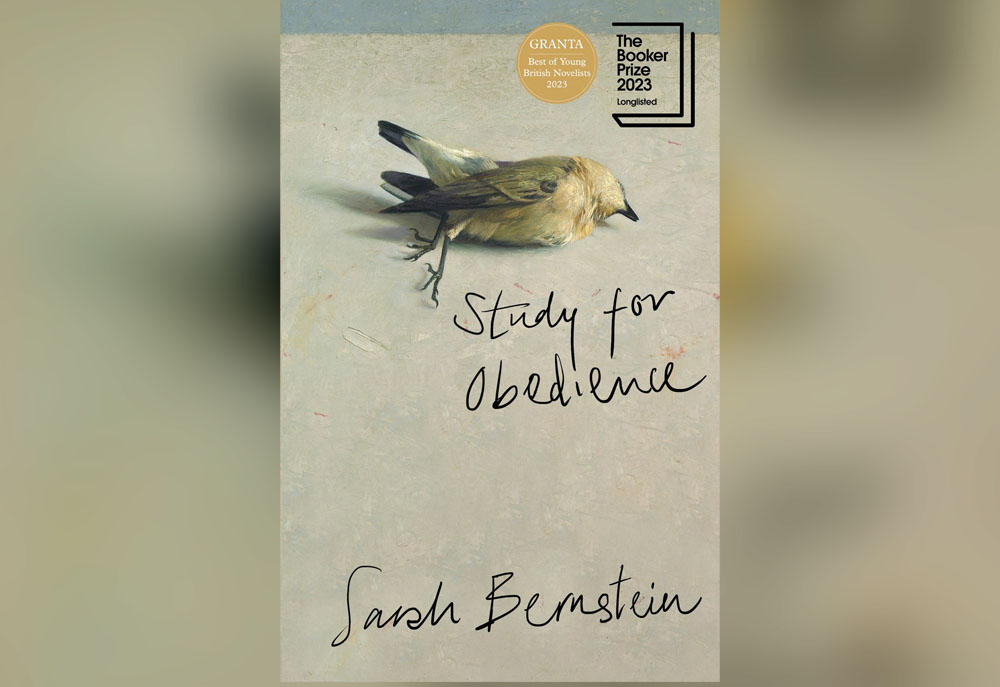
Karen E. H. Skinazi reviews Sarah Bernstein’s novel “Study for Obedience.”
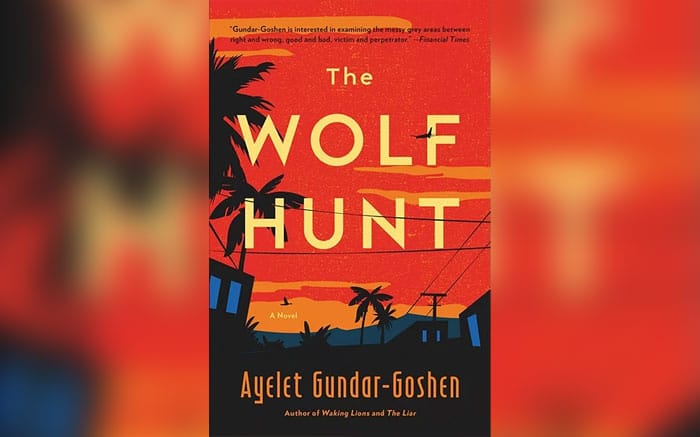
“The Wolf Hunt” begins with a sadly all-too believable, too familiar premise, set not long after the Pittsburgh Tree of Life and Chabad of Poway attack: A man walks into a synagogue on Rosh Hashanah in the Bay Area and stabs a young woman to death.
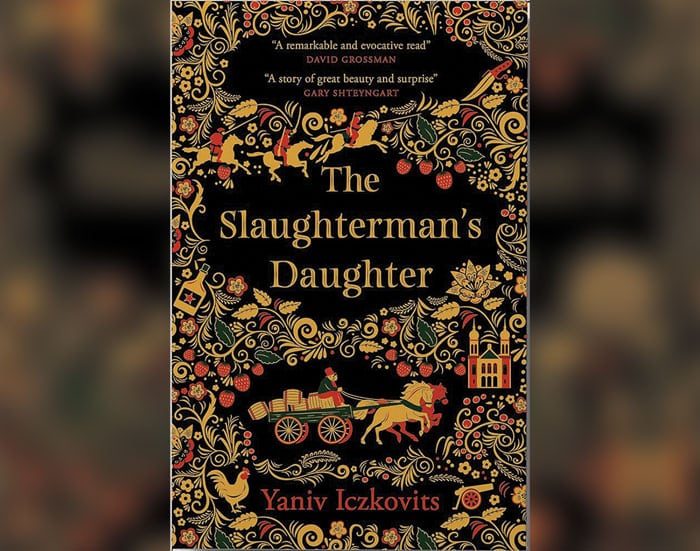
I sat down with Yaniv Iczkovits, author of “The Slaughterman’s Daughter,” an exuberant, picaresque tale of a daring 19th-century heroine, Fanny, and the colorful cast of characters she meets along her journey.
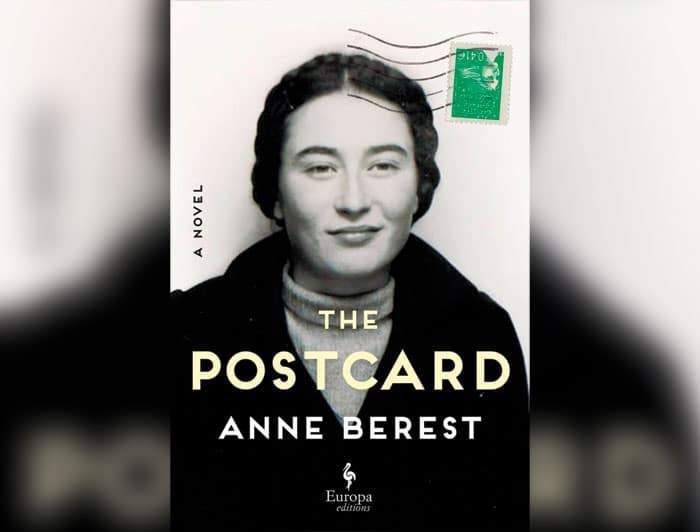
“The Postcard” is about ordinary people, Jews, who were forced to move from place to place, but never managed to outrun the antisemitism that ultimately led to their demise.

“Romantic Comedy” is not a deep novel, and, despite its feminist-rage premise, it’s unlikely to change the state of gender roles and expectations going forward. In any case, for lovers of the romance genre, it’s a delightful read.

Walter Rosenberg’s unique overview of Auschwitz, his long period in the camp, and status and assortment of duties made him a key witness.
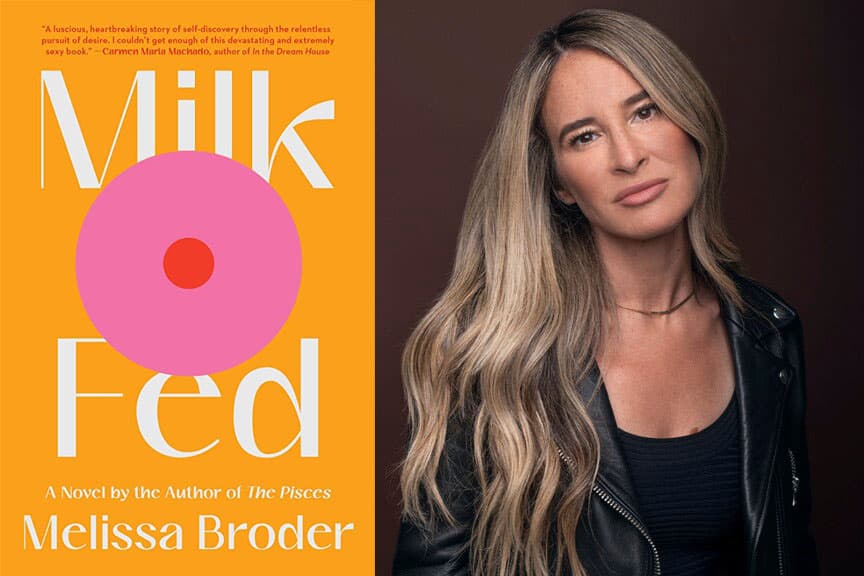
The Orthodyke is having something of a cultural moment.
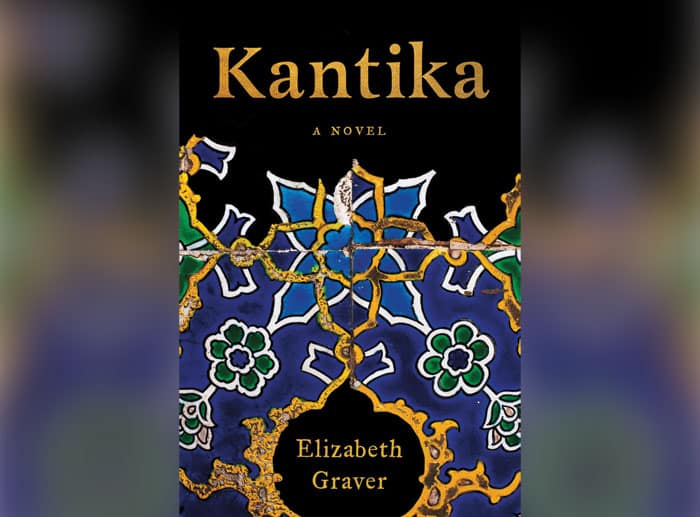
Graver’s writing is beautiful, lyrical and the embodiment of the “kantika” — the song — of the title.

From New York City to the Catskills to Miami Beach; from the luftmensch-professor father on Mrs. Maisel’s side to the meddling, overbearing Jewish mother on Mr. Maisel’s; add in some brisket and a few Yiddishisms here and there, and bam! — you’ve got Amazon Prime’s Jewish schtick conglomerate, “The Marvelous Mrs. Maisel.”
 More news and opinions than at a Shabbat dinner, right in your inbox.
More news and opinions than at a Shabbat dinner, right in your inbox.